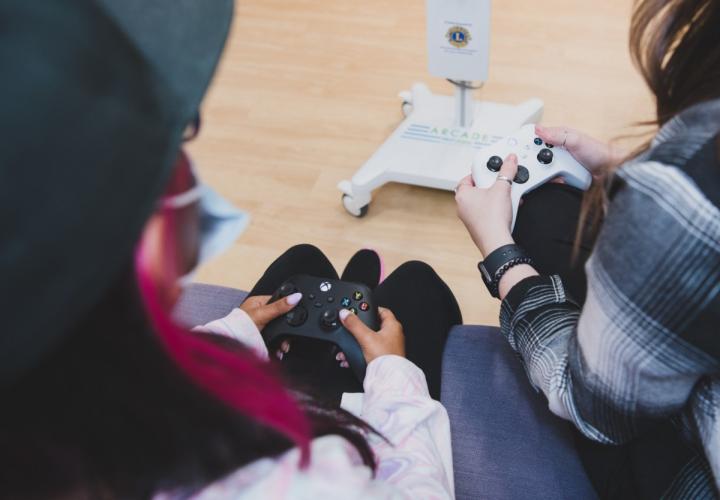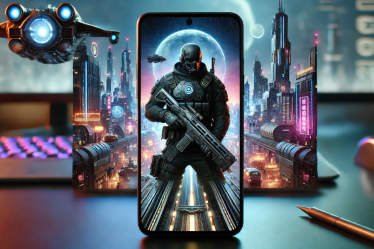
In a world where entertainment choices are endless, games have carved out a space not just as a pastime, but as a cultural phenomenon that shapes how we think, learn, and connect. From casual mobile apps to complex multiplayer experiences, gaming is no longer just “for kids” — it’s for everyone. Whether you’re solving puzzles, leading a virtual army, or designing your dream island, games provide a space where creativity, strategy, and emotion collide.
Gaming as a New Form of Storytelling
Modern games have evolved far beyond pixels and scores. Today’s games are immersive, emotional, and often cinematic in nature. Titles like The Last of Us, Red Dead Redemption 2, and Life is Strange offer narratives that rival Hollywood films. Players aren’t just watching a story — they’re part of it, making choices that impact outcomes, relationships, and the virtual world around them.
This interactivity gives games a unique power to evoke empathy and insight, allowing players to step into perspectives far different from their own.
More Than Entertainment: Games Boost Skills
Contrary to outdated stereotypes, games can actually improve brain function and real-life skills. Strategy games enhance problem-solving and planning, while fast-paced action games can boost reflexes and coordination. Puzzle games encourage critical thinking, and even sandbox games like Minecraft promote creativity and collaboration.
In fact, educators and employers are beginning to see the value of game-based learning, using gamification in classrooms and professional training to keep participants engaged and motivated.
The Rise of Online Communities
Gaming has become one of the most social activities in the digital age. Through platforms like Discord, Twitch, and in-game chat, players around the world can connect, compete, and collaborate. Online gaming communities have formed deep friendships, support networks, and even romantic relationships, all through shared digital experiences.
Esports has also exploded, turning competitive gaming into a billion-dollar industry. Professional players, teams, and live tournaments draw millions of viewers, blurring the line between traditional sports and digital entertainment.
Mobile Gaming: Entertainment on the Go
With smartphones in nearly every pocket, mobile gaming has democratized access to fun and engaging experiences. Games like Candy Crush, Genshin Impact, and Among Us have become global sensations, proving that you don’t need a console or high-end PC to enjoy gaming. This accessibility has brought in new players of all ages, genders, and backgrounds, making the gaming world more inclusive than ever before.
A Tool for Relaxation and Escape
Let’s not forget the emotional impact of gaming. After a long day, diving into a favorite game can be the perfect way to relax and unwind. For many, games provide a healthy escape—a chance to leave stress behind and enter a world where they are in control. Some games even offer peaceful, meditative experiences like Stardew Valley or Animal Crossing, giving players a break from the chaos of everyday life.
The Future of Gaming
With the rise of VR, AR, and AI, the future of gaming is more exciting than ever. Immersive technologies will blur the lines between reality and play, while storytelling will continue to evolve with more diverse characters, narratives, and perspectives.
Indie games are also thriving, bringing fresh ideas and unique experiences to the industry without the constraints of big studios. The gaming world is now more open, experimental, and inclusive—truly a playground for all.
Final Thoughts: Play With Purpose
Games are more than entertainment—they are powerful tools for learning, connection, creativity, and personal growth. Whether you’re in it for the thrill, the story, or the strategy, there’s a game out there that can inspire, challenge, or simply make your day better. So next time someone says gaming is a waste of time, just smile and press “Start”—because you’re already leveling up.


